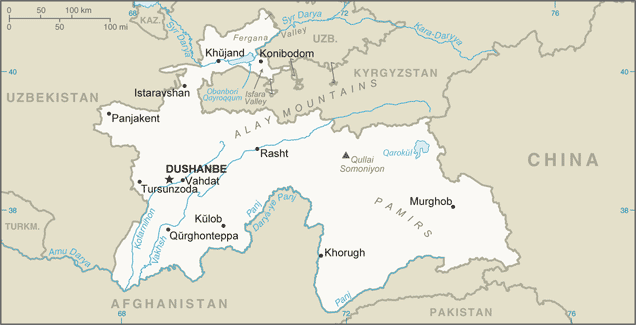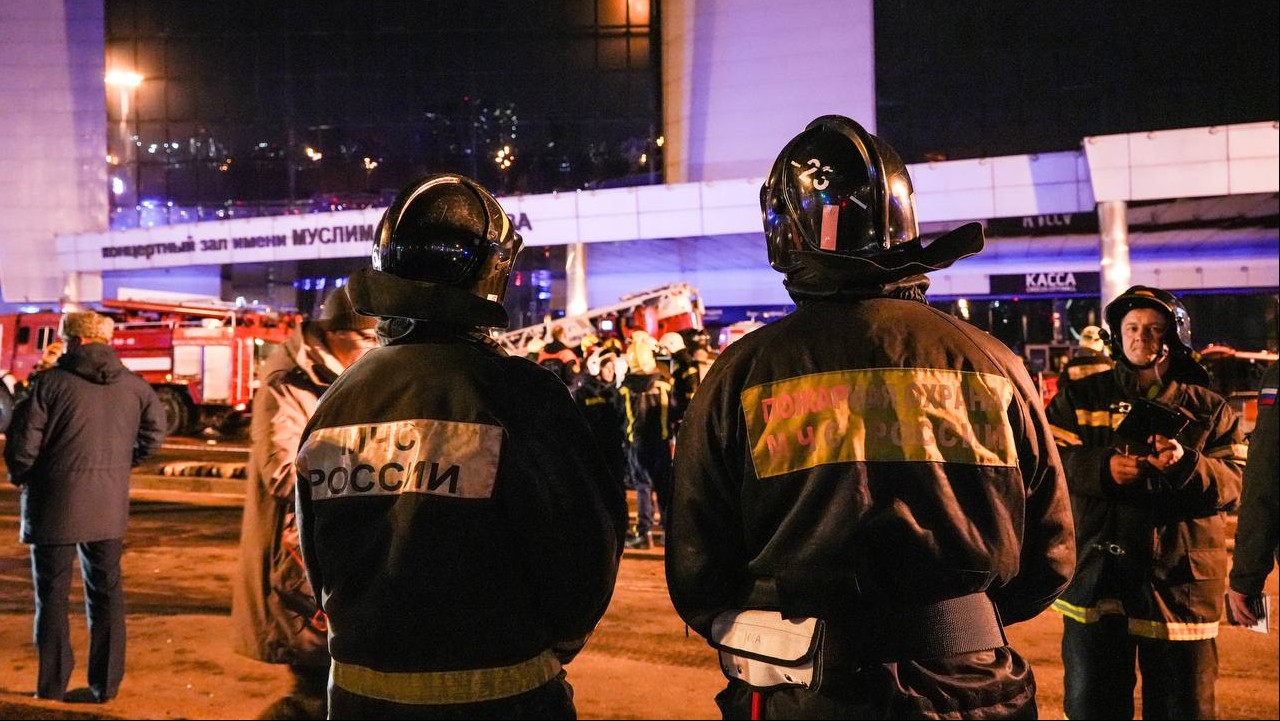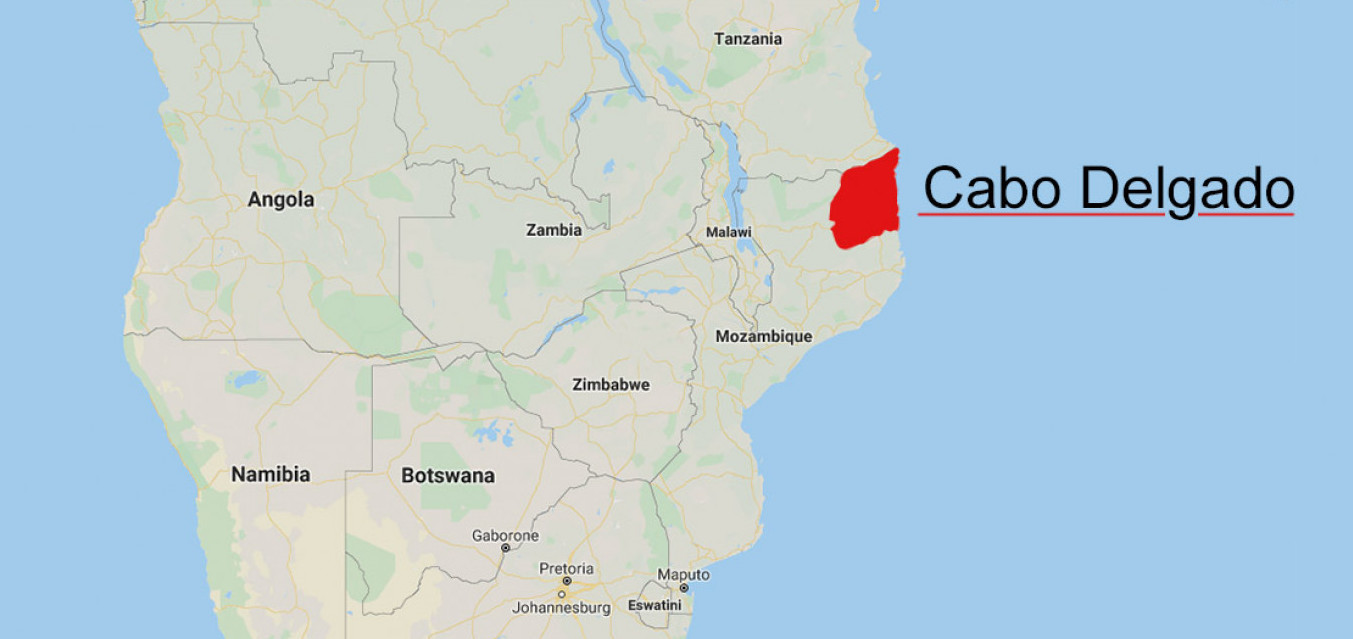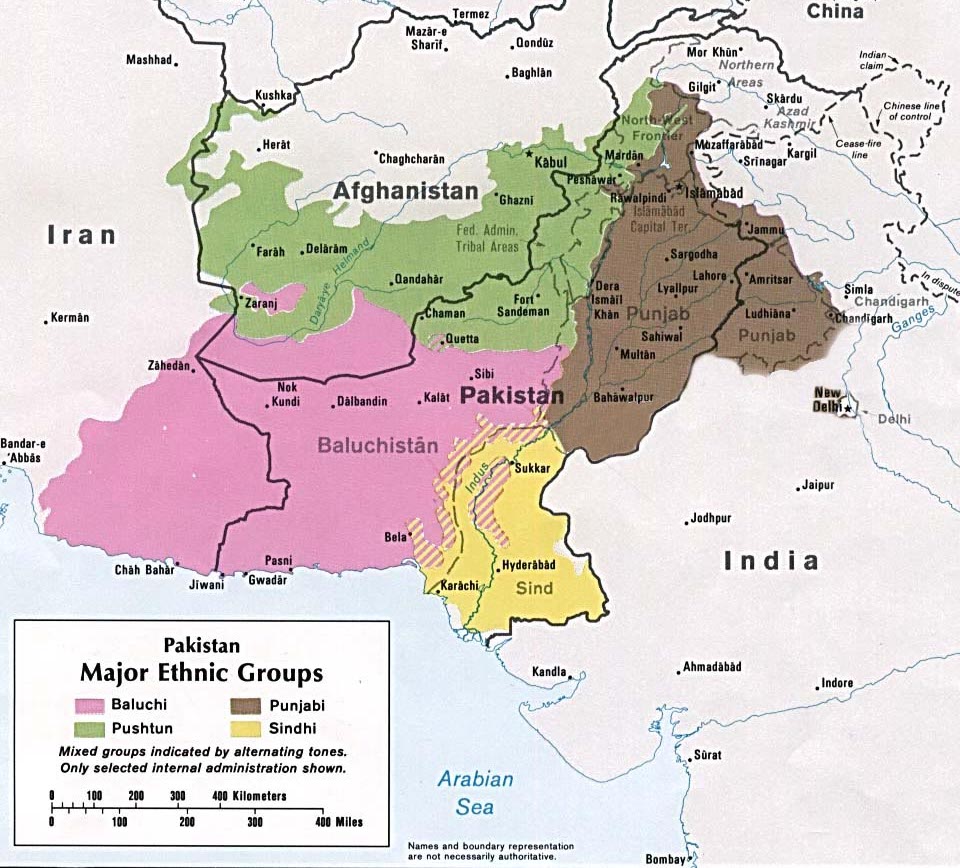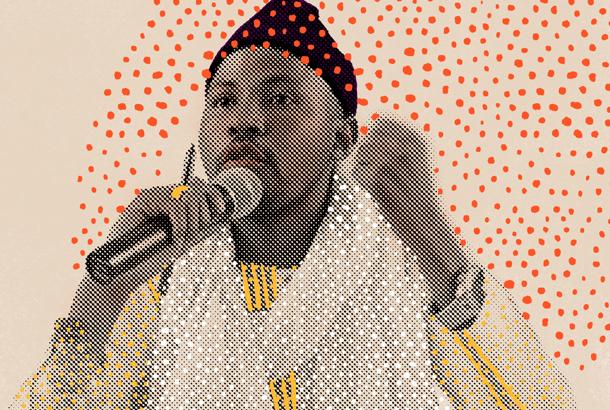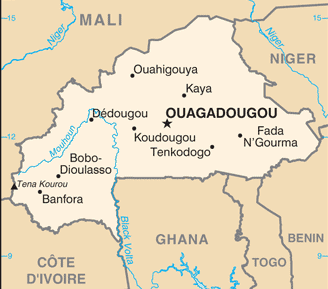Watching the Shadows
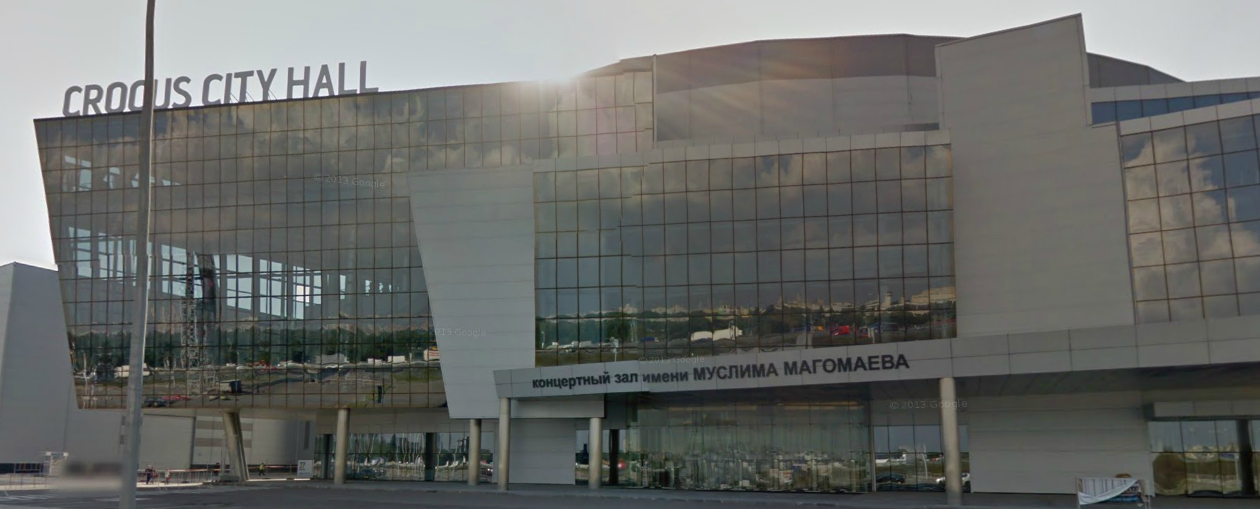
A group of armed men opened fire at a concert hall in a Moscow suburb, killing at least 133 people and injuring scores more. ISIS-K, the Islamic State network’s Afghanistan franchise, quickly took credit for the attack. But just as quickly, the Russian and Ukrainian intelligence services accused each other of being behind it—the latter saying it was organized as a “provocation” to expand Moscow’s war in Ukraine. Putin’s rise to power, including his recent rise to outright autocratic power, as well as his various military adventures, have indeed been lubricated every step of the way by terror attacks. But who was actually behind the Crocus City Center attack does not really matter overmuch. Just as 9-11—whoever was behind it—served the hyper-interventionist aims of Dubya Bush and his administration, we may be reasonably certain that the concert hall carnage will serve the war aims and totalitarian domestic agenda of Vladimir Putin. (Image: Wikipedia)



